Iran may revive deals to buy jets from Airbus, Boeing
The head of Iran's Civil Aviation Organization says a likely revival of the 2015 deal will resurrect the country's contracts to buy passenger jets from the likes of Airbus and Boeing.
Talks between Iran and the remaining signatories of the Joint Comprehensive Plan of Action (JCPOA) in Vienna to remove unilateral US sanctions on the Islamic Republic are in the homestretch, with different sides citing ''relative progress".
"The program to modernize the aviation industry is the desire of the president [Ebrahim Raeisi], and with the possibility of reviving the JCPOA and removing restrictions, the aircraft purchase contracts will also be revived," Mohammad Mohammadi-Bakhsh said on Monday.
Iran had placed orders for purchases of 200 brand new planes from Airbus and Boeing after it signed the nuclear deal with the P5+1 group of countries in 2015. However, the plane contracts came to a halt in 2018 after the US Treasury banned the two planemakers from supplying the jets to Iran.
"Iran's demand with regard to its aviation program in the JCPOA negotiations still stands, and even the contracts for the purchase of aircraft have not been canceled yet and remain legally valid," Mohammadi-Bakhsh said.
"If the other party fulfills its obligations, we will enter into negotiations and wait for the result," the official said, indicating that his organization has disagreements about the financing model.
During a brief trade thaw between Iran and the West, Iran signed $36 billion worth of contracts in 2016 to buy airliners from Boeing, Airbus and Franco-Italian turboprop maker ATR.
National flag carrier IranAir ordered 100 passenger aircraft from Airbus, 80 from Boeing and 20 from ATR, but the deals depended on US license because of the heavy use of American parts in the planes.
Iran had imported three aircraft from Airbus and 13 from ATR when the US Treasury Department under former president Donald Trump revoked export licenses.
With Trump gone, a searing question on the minds of many Iranians has been whether the duopolists and ATR will be able to consummate the deals.
Mohammadi-Bashkh said some of the aircraft delivered under the JCPOA require heavy maintenance checks, but the Europeans are not fulfilling their obligations to supply repair components.
In February, former CAO chief executive Touraj Dehqani Zanganeh said his organization had written to Boeing to inquire about the fate of its $16.5 billion deal with the US aircraft maker.
Major planemakers are subject to US export restrictions for trade with Iran because more than 10 percent of the parts on their jets originate with US companies.
The Obama administration licensed the sales by both Airbus and Boeing to IranAir in late 2016. President Joe Biden who was vice president in the Obama administration has to do the same for the contracts to be reactivated.
In the civil aviation sector, Iran has been trying to upgrade its vintage airliners. According to officials, the country has more than 162 aircraft in its civil aviation fleet which is grappling with the impact of the US sanctions and the COVID-19 pandemic.
Mohammadi-Bakhsh on Monday stressed that Iran is not just looking at the JCPOA to develop its aviation industry.
"Right now we have weekly updates and new aircraft arrivals. We have set an age limit for the induction of aircraft and at the same time we are updating some of the existing aircraft and furnishing them with the latest equipment in the world," he said.
Simultaneously, Iran is boosting domestic flights and developing its airports.
Iran’s aviation industry depended on foreign consultants, mainly Americans, before the 1979 Islamic Republic to keep its fleet airworthy, but all the work in the industry today is done by young Iranian technicians.
According to officials, Iranian pilots had to go abroad for training before the revolution, but today they are trained inside Iran, become pilots and then some of them work for foreign companies, which means everything is now the other way around.
Mohammadi-Bakhsh touched on "special measures" taken at Iranian airports to restrain the COVID-19 pandemic.
On Sunday, reports said Iran had detected its first case of infection by the new omicron variant of the coronavirus.
Kamal Heidari, Iran’s deputy health minister, said that an Iranian man from Tehran had tested positive after returning from the United Arab Emirates. “We detected him very quickly and immediately quarantined him and the contact cases,” Heidari said.
Spain jurists demand ties with Israel ties be cut
VIDEO | Press TV's news headlines
VIDEO | Iran honors top Science Olympiad medalists
VIDEO | Austrians arrested at Gaza protest in Vienna
10 killed in bus crash in western Iran
VIDEO | One-man-band journalism with Civili
5 Israeli forces killed as Palestinian fighters face up to regime’s war machine
VIDEO | An insider's view of the country: Persian Tahini, Royan in Mazandaran


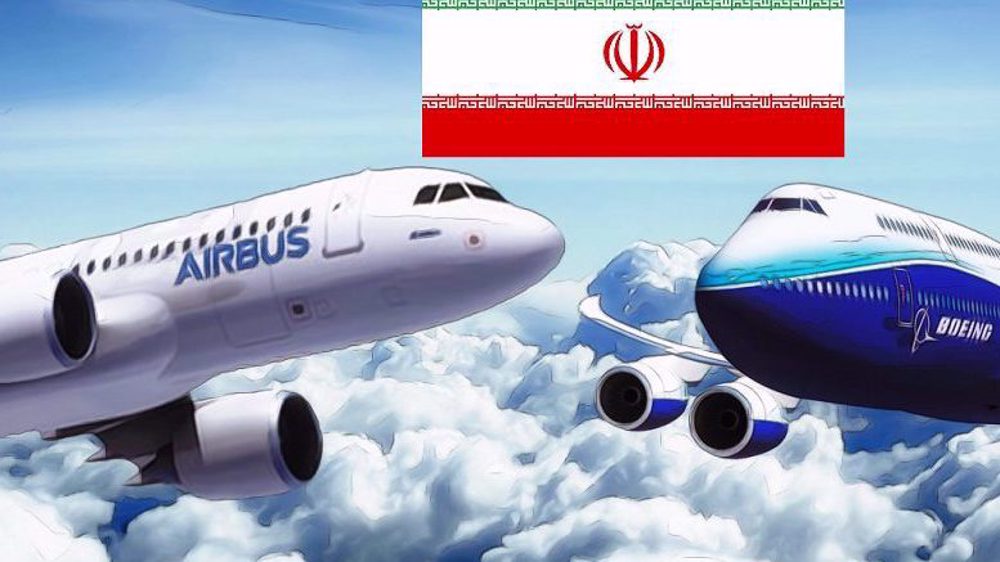
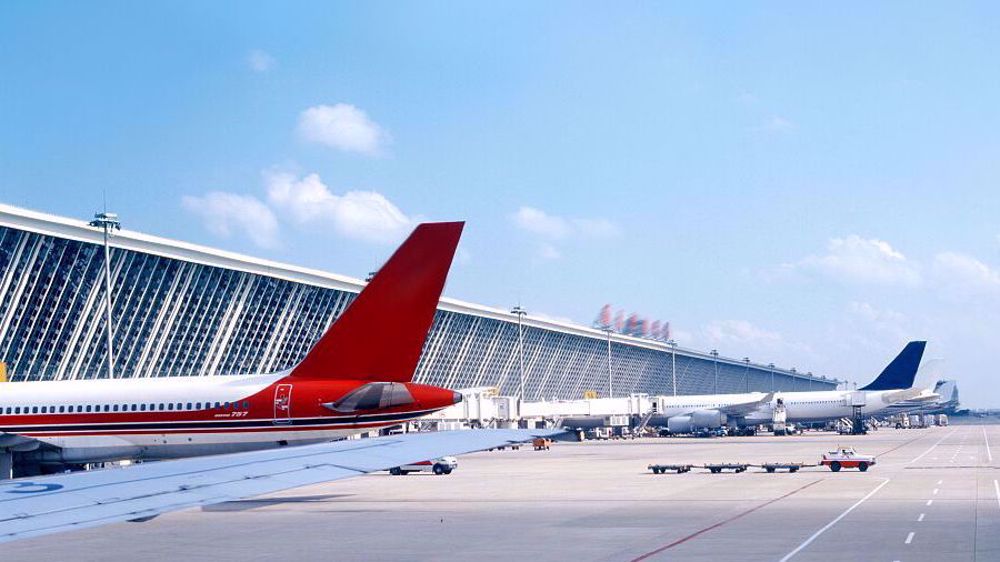
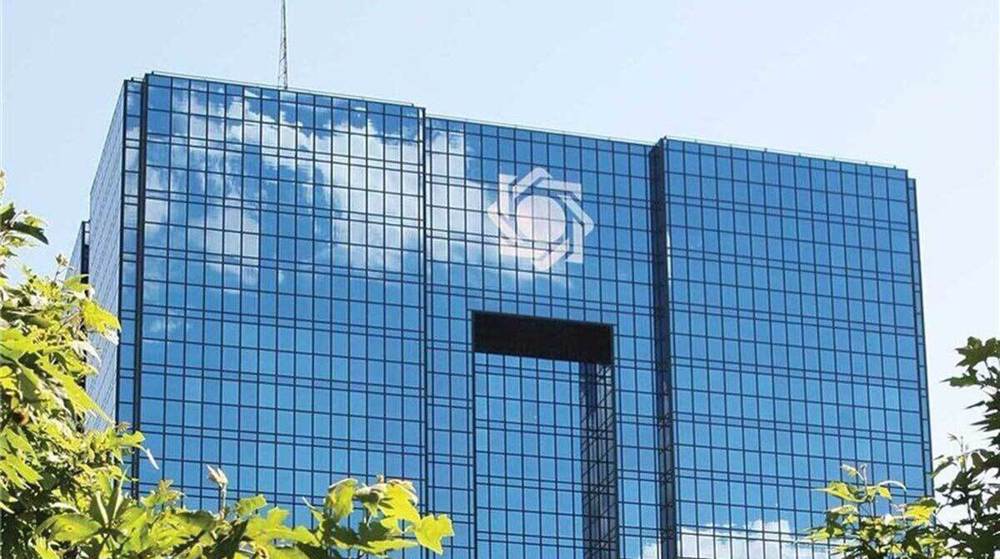
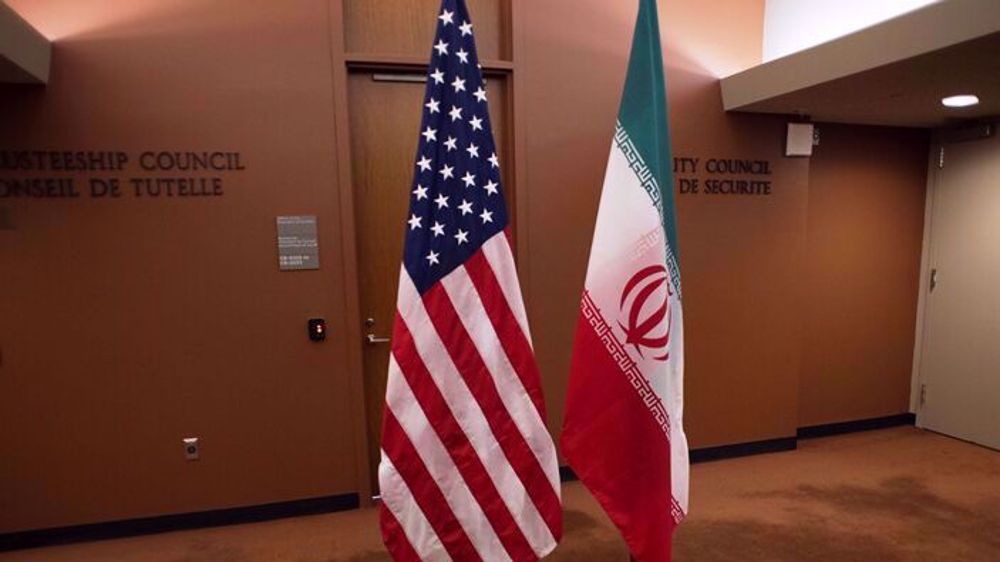
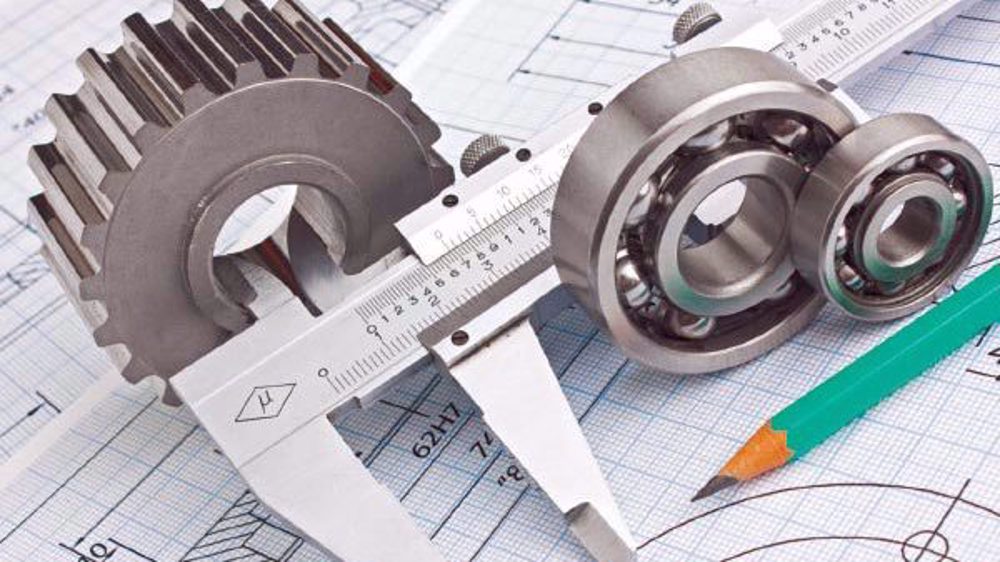




 This makes it easy to access the Press TV website
This makes it easy to access the Press TV website